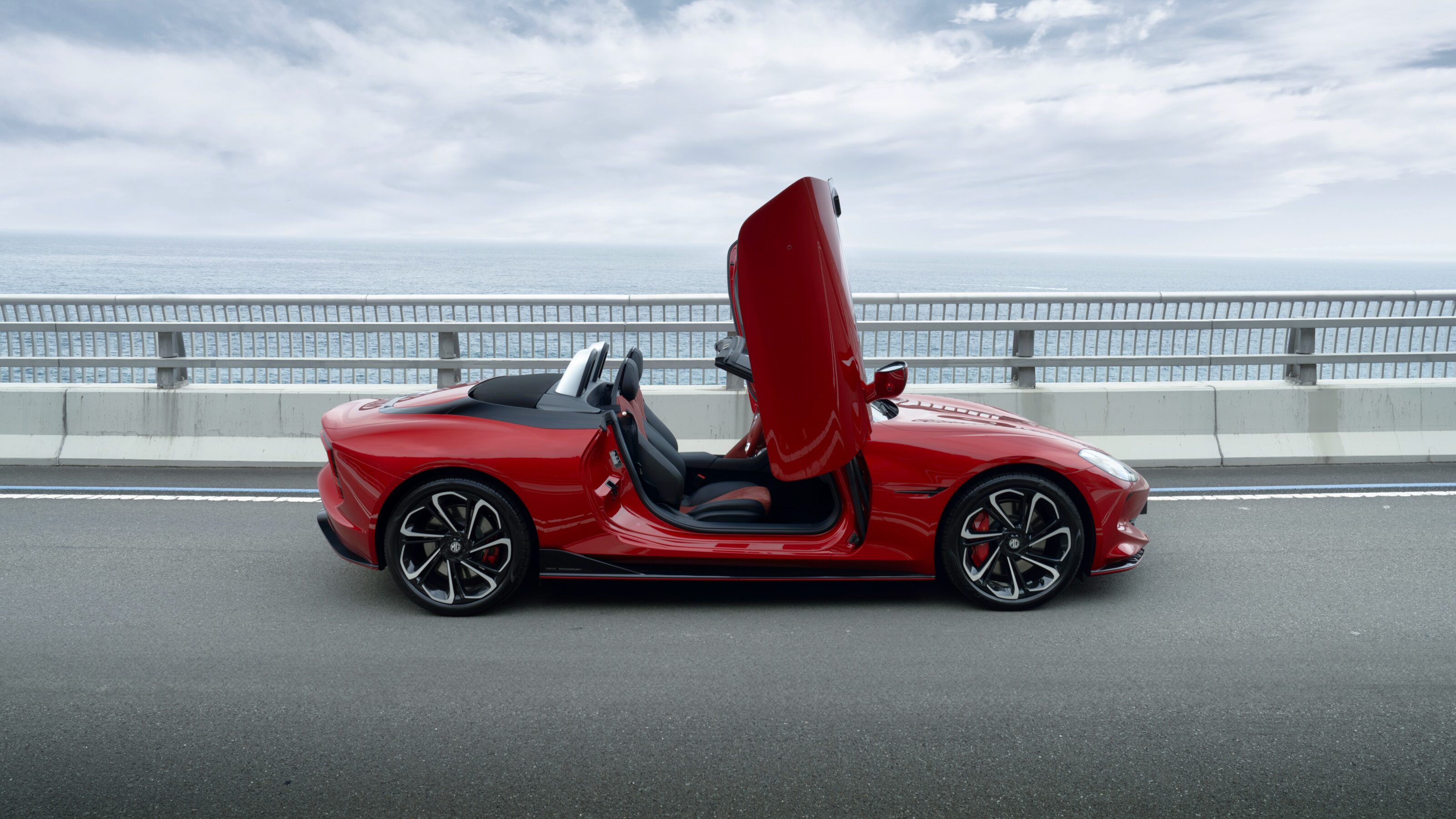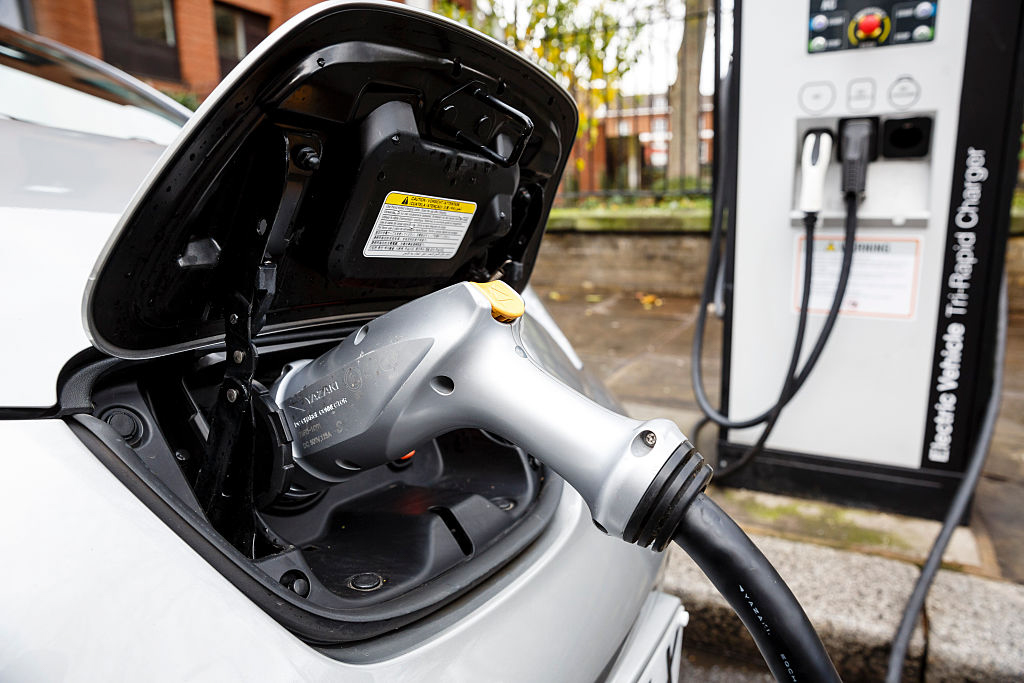
Snapshot
- UK has previously committed to ICE ban from 2030
- Current EV and infrastructure investments total u00a31.9bn
- Manufacturers will be forced to transition towards specific EV sales volume
The British Government has pledged an extra £970 million towards the nation’s vehicle electrification efforts.
Having previously announced it would ban the sale of new ICE-powered vehicles from 2030 – one of the most progressive commitments in the world – it has released its Net Zero Strategy, outlining its plans to get to a carbon neutral state by 2050.
In 2019, domestic transport accounted for 23 per cent of the UK’s total greenhouse emissions, with 55 per cent coming from private vehicles, although the overall number dropped to 19.6 per cent in the COVID-affected 2020.
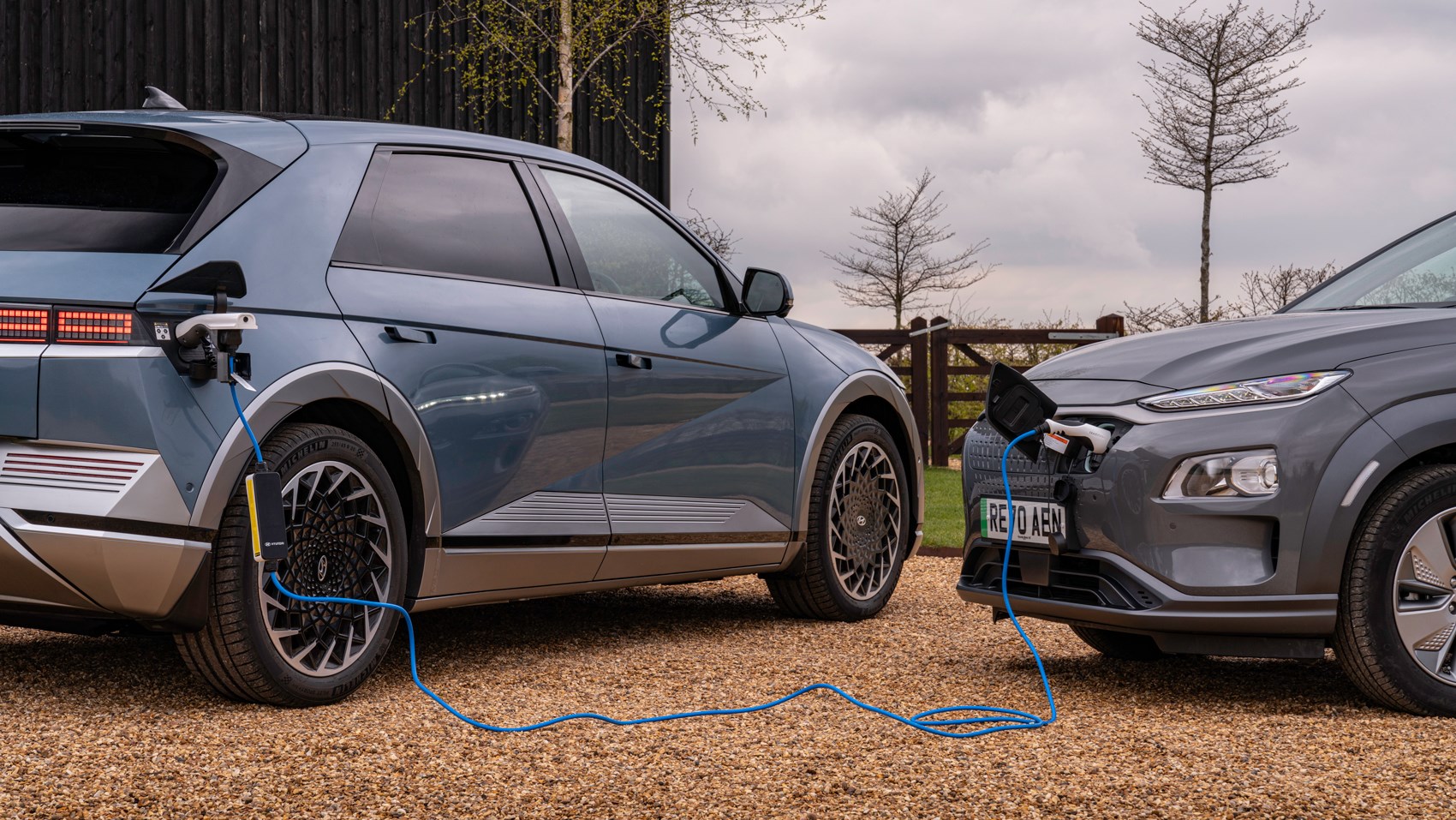
As one of the largest industries to target, an extra £350 million (AU$646m) has been allocated towards the electrification of vehicles sold in the UK, adding to an existing investment of £1 billion (AU$1.84bn) through the Automotive Transport Fund.
On top of this, the Government will spend an extra £620m ($1.14bn) on grants and charging infrastructure for EVs, focusing on on-street residential charging points – a move which has been backed by the charging industry.
The UK Government believes the Net Zero Strategy will lead to roughly 440,000 jobs while also unlocking a further £90m (AU$166m) in private investment by 2030, clawing some of its money back.
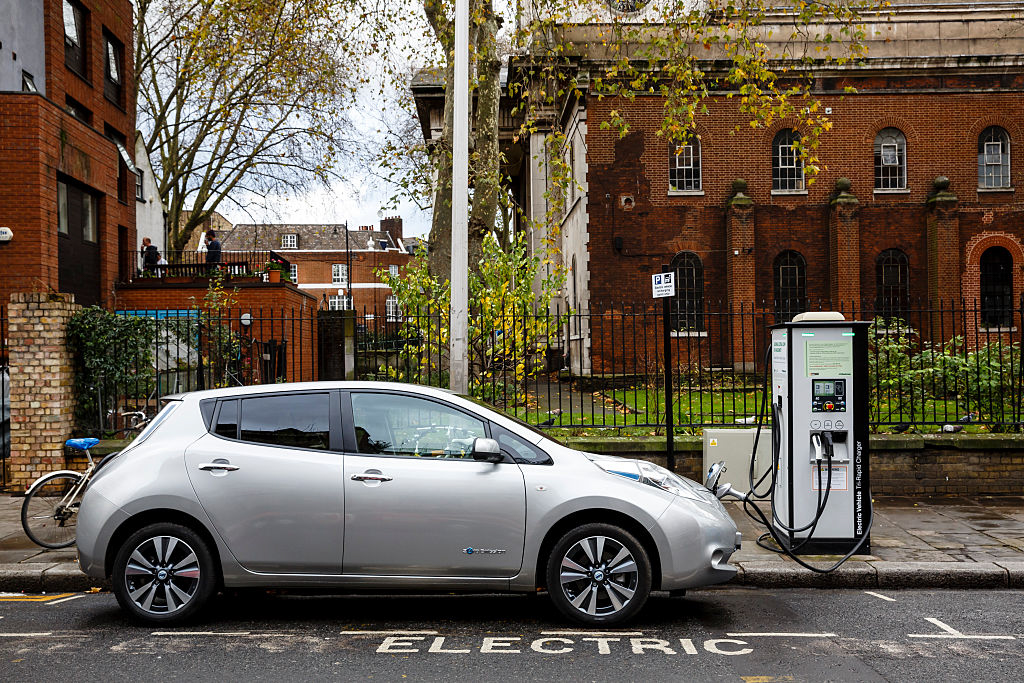
While no specific targets have been set, it is understood the UK will implement a fleet emissions target through zero emission vehicle mandates to reduce the number of ICE vehicles being sold each year, winding down to the 2030 ban.
Hybrids will be on sale until 2035, at which point the phasing out will begin, followed by a complete ban on all non-zero emissions vehicles from 2040 – including motorcycles, buses and goods transporters.
Meanwhile, the Australian Federal Government is currently in discussions about introducing a net zero target ahead of the Prime Minister, Scott Morrison, visiting the Glasgow Climate Change Summit at the end of October.
We recommend
-
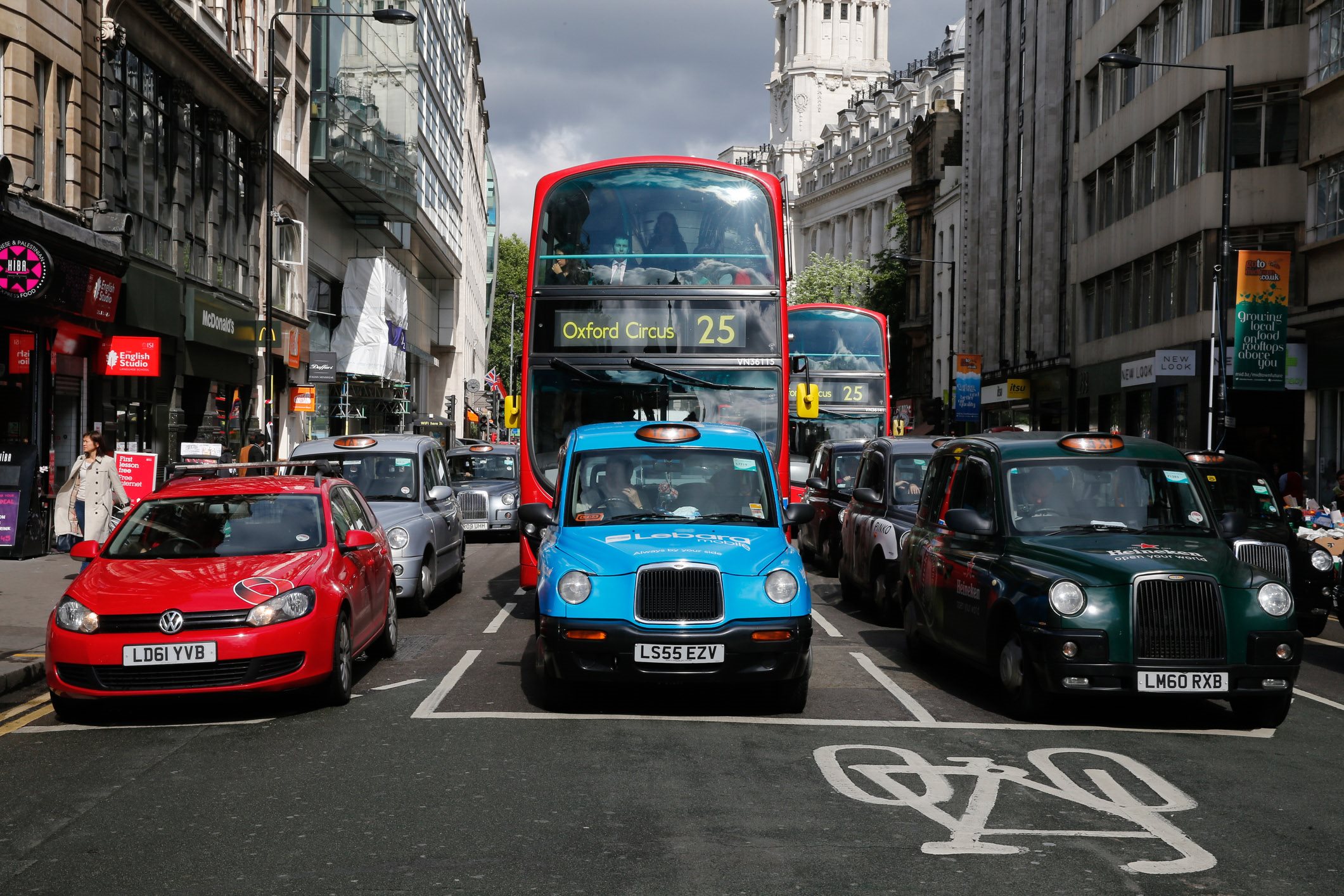 News
NewsThe UK will bring forward its ban on petrol and diesel cars
Historic decision to outlaw fuel-powered vehicles for EVs could change the world
-
 News
NewsUK petrol ban could compromise the future: Andy Palmer
Former Nissan and Aston Martin boss says the UK will never be a leader in Electric Vehicles
-
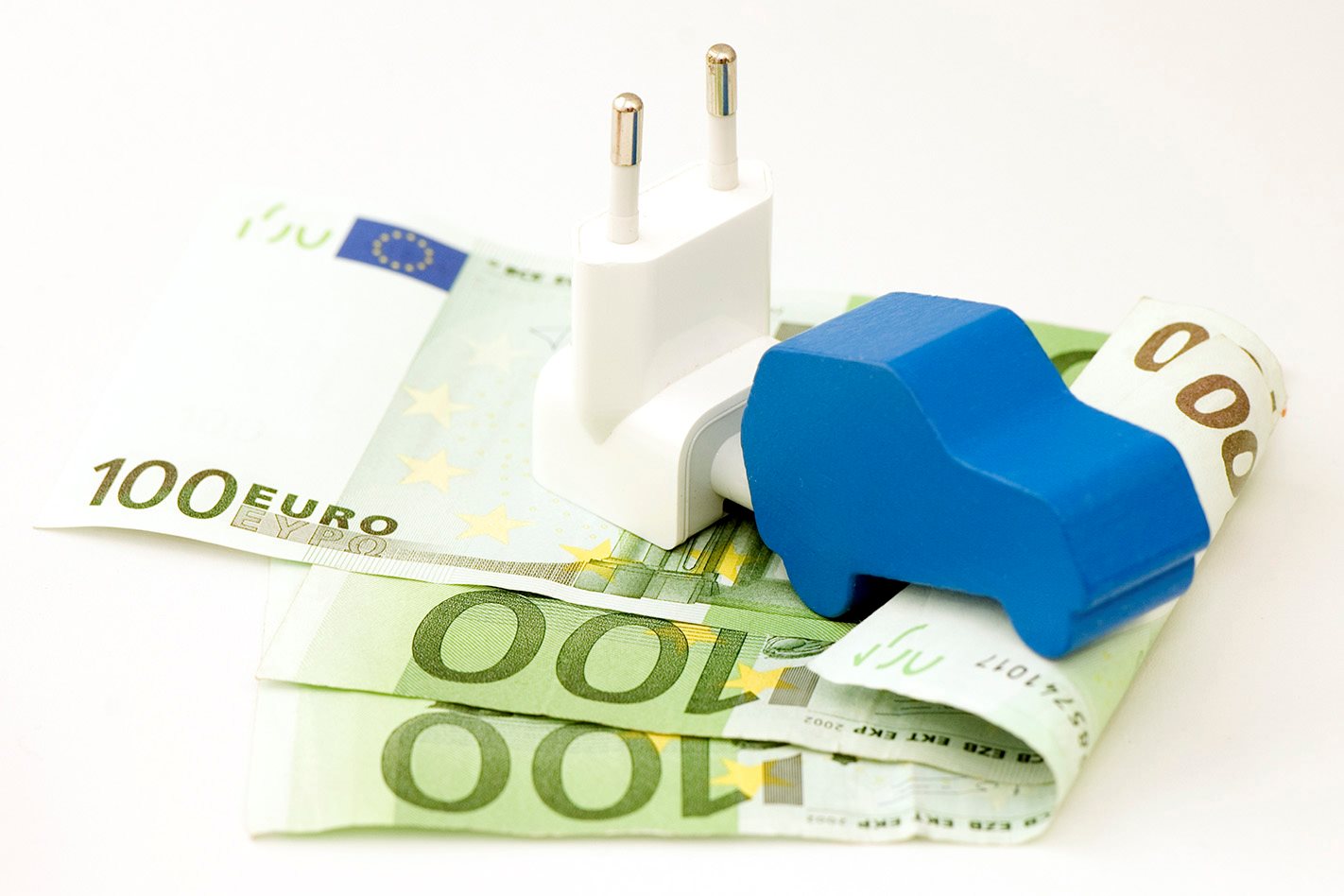 Advice
AdviceHow our EV incentives stack up against the world
It's no surprise our EV subsidies lag behind the developed world, but you'll amazed by how much



